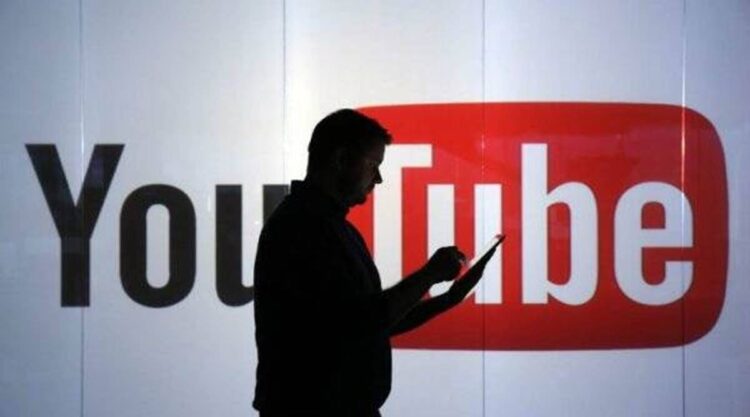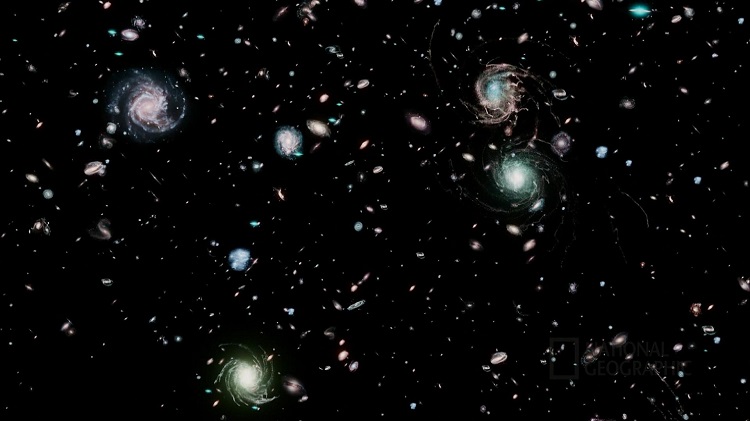Is YouTube Social Media?

In today’s digital age, social media has become an integral part of our daily lives. With the rise of platforms like Facebook, Twitter, and Instagram, it’s easy to see why social media has become such a popular way for people to connect and share information. However, when it comes to YouTube, the question of whether or not it qualifies as social media is a bit more complicated. In this article, we’ll take a closer look at YouTube and explore whether or not it can be considered a social media platform.
What is YouTube?
Before we dive into the question of whether or not YouTube is social media, let’s first define what YouTube actually is. At its core, YouTube is a video-sharing platform that allows users to upload, share, and view videos. It was founded in 2005 and has since become one of the most popular websites on the internet. YouTube is home to a vast array of content, ranging from music videos and movie trailers to educational tutorials and vlogs.
YouTube’s Social Features
While YouTube may have started as a simple video-sharing platform, it has since evolved to include a number of social features that allow users to interact with each other in various ways. For example, users can leave comments on videos, subscribe to channels, and share videos with their friends and followers. Additionally, YouTube has a “Community” tab that allows creators to post updates, polls, and other content for their subscribers.
YouTube vs. Traditional Social Media Platforms
So, how does YouTube compare to more traditional social media platforms like Facebook and Twitter? While there are certainly similarities between these platforms (such as the ability to share content and interact with others), there are also some key differences that set YouTube apart.
One major difference is the type of content that is typically shared on each platform. While Facebook and Twitter are often used to share short text updates and links to articles or other websites, YouTube is primarily focused on video content. This means that users on YouTube are often more focused on creating and sharing high-quality videos than they are on sharing quick updates or thoughts.
Another difference is the way that users interact with each other on each platform. While Facebook and Twitter are often used for more casual conversations and interactions, YouTube is typically more focused on content creators and their audiences. This means that interactions on YouTube are often more focused on discussing and engaging with the content itself, rather than simply chatting with friends or followers.
The Case for YouTube as Social Media
Despite these differences, there are certainly arguments to be made for why YouTube should be considered a social media platform. For one, the platform’s social features (such as comments and subscriptions) allow for a level of interaction and engagement that is similar to what you might find on other social media platforms. Additionally, many creators use YouTube as a way to build communities around their content, which is a key aspect of social media.
Another argument in favor of YouTube as social media is the fact that it allows for the sharing of user-generated content. While traditional social media platforms certainly allow for user-generated content as well, YouTube’s focus on video content means that users are often more invested in creating and sharing their own content than they might be on other platforms.
The Case Against YouTube as Social Media
Of course, there are also arguments to be made against considering YouTube a social media platform. For one, the platform’s focus on video content means that it may not be as well-suited for quick updates or casual conversations as other social media platforms. Additionally, while YouTube certainly allows for interaction and engagement between users, it may not have the same level of community-building features as other social media platforms.
Conclusion
So, is YouTube social media? The answer is not a simple yes or no. While there are certainly arguments to be made for both sides, the truth is that YouTube occupies a somewhat unique space in the world of social media. While it may not have all of the same features and capabilities as more traditional social media platforms, it certainly has a strong focus on user-generated content and community-building that is reminiscent of social media. Ultimately, whether or not you consider YouTube to be social media may depend on your own personal definition of what constitutes a social media platform.






